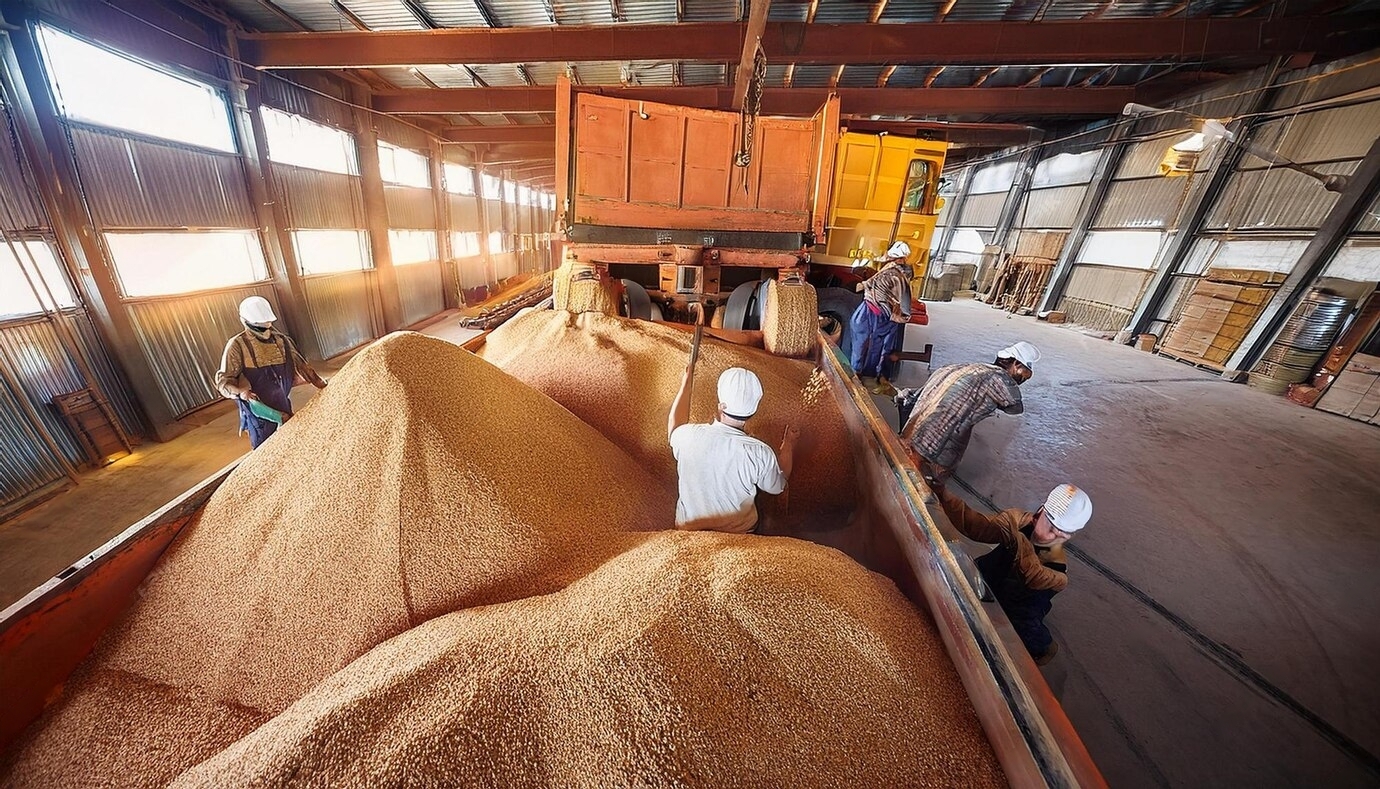Choosing the Right Stock Feed Supplier in Australia: A Comprehensive Guide

Choosing the right stock feed supplier is a critical decision for farmers and livestock producers in Australia. With a variety of options available, selecting the ideal supplier can significantly impact the health of your animals, the quality of your produce, and ultimately, your profitability. This comprehensive guide will navigate the key considerations when selecting a stock feed supplier in Australia.
Understanding Your Needs
Assessing Livestock Requirements
The first step in choosing a stock feed supplier is to clearly understand the nutritional requirements of your livestock. Different species and breeds have unique dietary needs. For example:
- Cattle: Require a balanced diet that includes protein, carbohydrates, fats, vitamins, and minerals.
- Sheep: Need a mix of forages and concentrates to maintain optimal health.
- Poultry: Require specialized feeds that promote growth, egg production, and overall health.
Identify your livestock's specific needs based on their life stage, purpose (e.g., breeding, meat production, dairy), and any health considerations.
Budget Considerations
Once you’ve assessed the nutritional requirements, it’s crucial to consider your budget. Stock feed prices can vary widely based on the type of feed, supplier, and location. Outline your financial constraints and seek suppliers who can provide high-quality feeds within your budget.
Researching Potential Suppliers
Reputation and Experience
Research potential suppliers thoroughly. Look for companies with a solid reputation in the industry. Read reviews and testimonials from other farmers to gauge their experiences. A supplier with years of experience is often more reliable, as they are likely to understand the complexities of livestock nutrition.
Certifications and Quality Assurance
Ensure that any potential supplier adheres to Australian standards for feed quality and safety. Look for certifications such as:
- Australian Pesticides and Veterinary Medicines Authority (APVMA): Ensures that the feed is free from harmful substances.
- FeedSafe: A quality assurance program that ensures feed is safe and of high quality.
These certifications can give you peace of mind that the feed you’re purchasing meets stringent safety standards.
Evaluating Feed Quality
Ingredients and Nutritional Value
When assessing potential suppliers, scrutinize the ingredients in their feed products. High-quality stock feed should list specific grains, proteins, and additives rather than generic terms. Ask for detailed nutritional breakdowns to ensure that the feed meets your livestock's specific dietary needs.
Palatability and Freshness
The palatability of the feed is crucial. Livestock are less likely to consume feed that they find unpalatable, which can lead to nutritional deficiencies. Request samples to evaluate the smell, texture, and overall appeal of the feed. Additionally, inquire about the freshness of their products and their storage practices, as stale feed can lose nutritional value.
Supplier Services and Support
Customer Service
Good customer service is essential when dealing with a stock feed supplier. Assess how responsive they are to inquiries, how knowledgeable their staff is, and whether they provide guidance on feeding practices. Suppliers who offer support and advice can help you make informed decisions about your livestock’s nutrition.
Delivery and Availability
Consider the supplier's logistics. Timely delivery of feed is crucial to ensure that your livestock are always well-nourished. Discuss delivery options, schedules, and any associated costs. Additionally, ensure that the supplier has a consistent supply of the feed you require to avoid interruptions in your livestock's diet. If you’re searching online, phrases like “stock feed suppliers near me” can help you find local options that offer convenient delivery services.
Bulk Buying Options
If you have a larger operation, inquire about bulk buying options. Many suppliers offer discounts for larger orders, which can help reduce your overall feed costs. Establishing a long-term relationship with a supplier can also lead to favorable terms and pricing.
Sustainability and Ethical Practices
Environmentally Friendly Options
Sustainability is becoming increasingly important in agriculture. Investigate whether the supplier prioritizes environmentally friendly practices, such as sourcing ingredients locally, using sustainable farming methods, and minimizing waste. Suppliers who demonstrate a commitment to sustainability may also contribute to the long-term viability of your farming practices.
Ethical Sourcing
Consider the ethical implications of your feed source. Look for suppliers who are transparent about where their ingredients come from and who prioritize humane treatment of animals in their sourcing practices.
Building a Relationship with Your Supplier
Open Communication
Once you've chosen a stock feed supplier, foster an open line of communication. Regularly discuss your livestock's performance, any changes in their health, and any adjustments needed in their diet. A strong partnership can lead to better outcomes for your livestock and your operation.
Feedback Loop
Provide feedback to your supplier about their products and services. Constructive feedback can help them improve and tailor their offerings to better meet your needs. Similarly, ask for feedback from them on your livestock management practices; this collaboration can enhance your operation's success.
Conclusion
Choosing the right stock feed supplier in Australia is a multifaceted decision that requires careful consideration of your livestock's needs, budget, and the supplier’s reputation and practices. By thoroughly researching potential suppliers, evaluating their products and services, and building a solid relationship with your chosen partner, you can ensure the health and productivity of your livestock. Remember, a well-fed animal is not just healthier; it is also more productive, contributing positively to your farm's profitability. Take the time to make informed choices, and your livestock—and your bottom line—will thank you.
Note: IndiBlogHub features both user-submitted and editorial content. We do not verify third-party contributions. Read our Disclaimer and Privacy Policyfor details.







